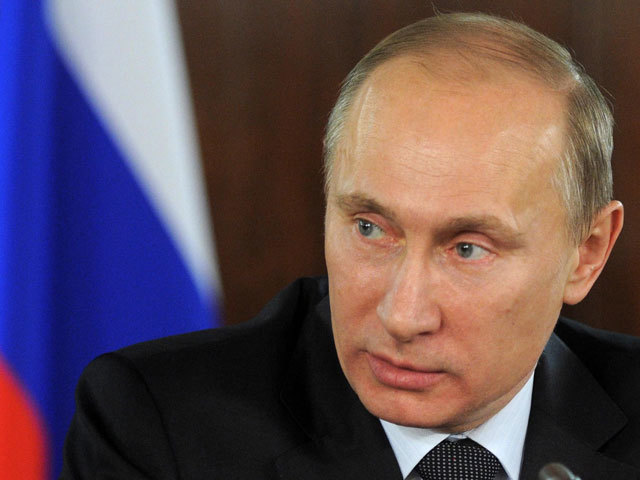
The biggest bull run this decade in European gas markets has failed to sway Ukraine from its year-long boycott of Russian supplies of the fuel.
NAK Naftogaz Ukrainy, the state-run energy company, is “very happy” with the price it’s getting even if it “would always like it to be lower,” Chief Executive Officer Andriy Kobolyev said in an interview in Bloomberg’s New York headquarters. The Kiev-based company won’t buy gas from Moscow-based Gazprom PJSC under current terms no matter the Russian price, he said.
“Comparing now the proposals we are seeing from European companies and our expectation of what the Russian price would be, the difference is small,” he said, without disclosing any prices.
European gas has rallied more than 80 percent after hitting a six-year low in August amid an extended shutdown of Britain’s biggest storage site that is set to boost the need for imports, as well as a jump in rival power-station fuel coal. That has made it more expensive for Ukraine to replace gas from Russia linked to oil prices amid a dispute over pricing and supply terms.
Just as Winter Is Coming, These Energy Markets are Going Crazy
Naftogaz hasn’t bought any Russian gas since November 2015, with Gazprom supplying 18 percent of its consumption that year, according to Ukrainian data. Transit to Gazprom customers in Europe has continued as normal, and Ukraine relied on its own production and so-called reverse flows through pipelines from Europe to offset supplies from the east.
Dutch gas for next-month delivery gained 2.5 percent to 19.38 euros a megawatt-hour, or $228 per 1,000 cubic meters, as of 11:29 a.m. Amsterdam time, according to broker data compiled by Bloomberg. While Russia offered Ukraine fuel at $180 per thousand cubic meters, it was “told they prefer reverse supplies, so be it,” President Vladimir Putin said Oct. 27.
While Russian gas may currently be cheaper than European rates, the decision on where to buy fuel from may be political amid ongoing international multibillion-dollar arbitration cases in Stockholm against Gazprom on pricing, according to Dennis Sakva, an analyst at Kiev-based investment company Dragon Capital.
“We need to understand what we are risking in Stockholm if we return to purchases from Gazprom,” Sakva said. “So it doesn’t look like here we are buying and there we aren’t. Here the contract is competitive and there not.”
While Naftogaz stored less gas in its storage facilities than in the previous two years, the company is comfortable with the 14.5 billion cubic meters (512 billion cubic feet) it has because consumption declined and the nation now has more capacity to boost imports from Europe, CEO Kobolyev said.
Naftogaz remains “commercially minded” about its imports from Gazprom. Before any Russian imports can resume, Naftogaz will insist on an addendum to the existing contract with Gazprom to make supply terms “transparent and fair” and to secure a comparable and competitive price, he said.
Recommended for you
